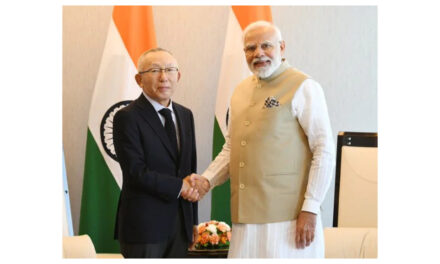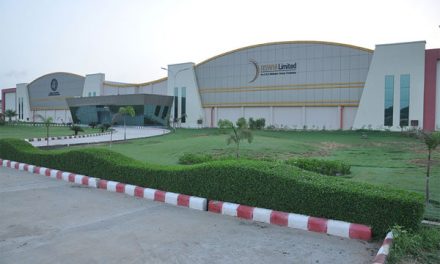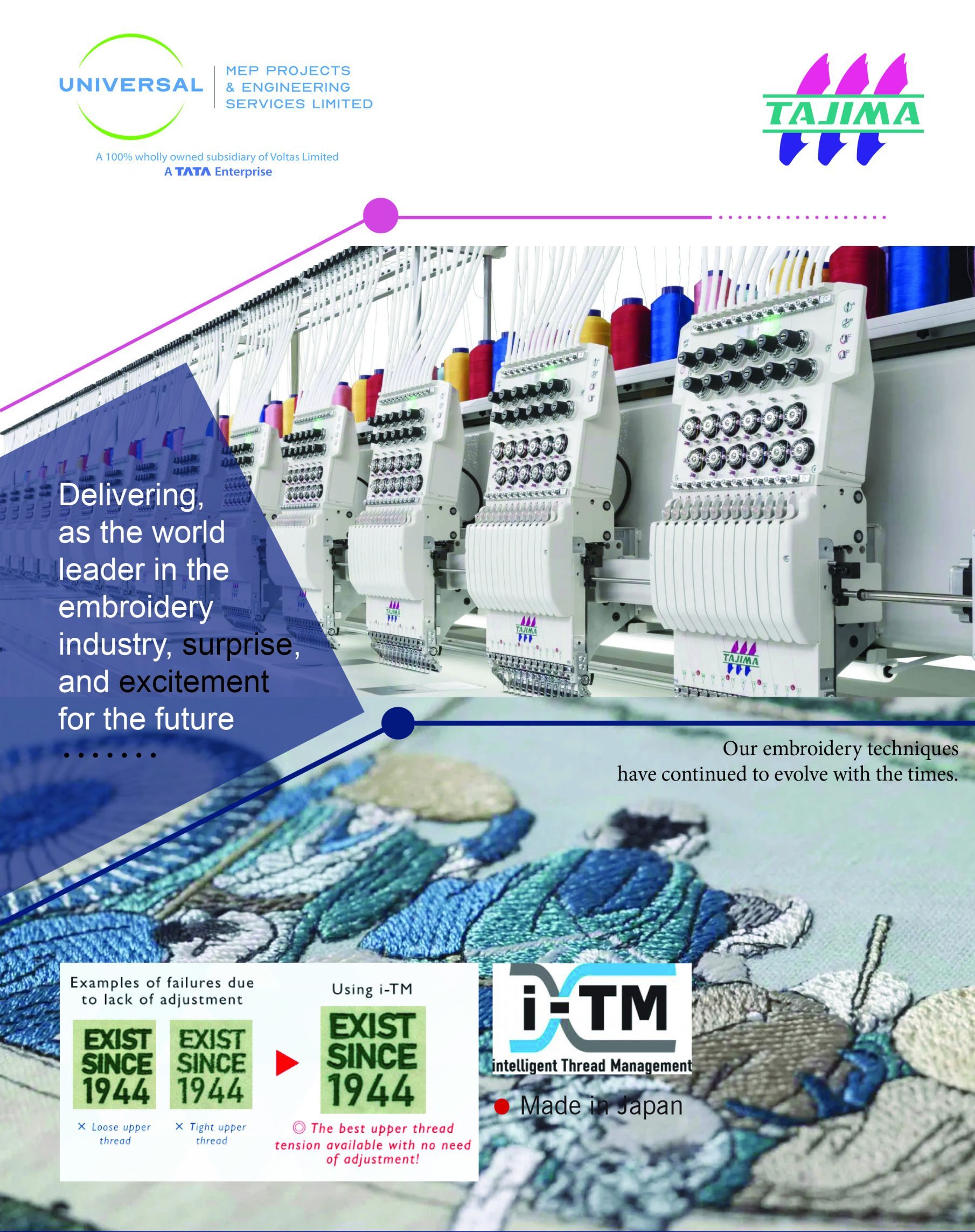 The India-Australia Economic Cooperation and Trade Agreement signed on 2nd April 2022 come into force with effect from 29th December 2022. This pact is the first trade agreement of India with a developed country in the recent past and likely to benefit the whole gamut of products and services and commercial relations between the two Nations.
The India-Australia Economic Cooperation and Trade Agreement signed on 2nd April 2022 come into force with effect from 29th December 2022. This pact is the first trade agreement of India with a developed country in the recent past and likely to benefit the whole gamut of products and services and commercial relations between the two Nations.
Ravi Sam, Chairman, The Southern India Mills’ Association (SIMA) has appreciated the Hon’ble Prime Minister, Narendra Modi and Hon’ble Union Minister of Commerce & Industry and Textiles, Piyush Goyal for the historical achievement. He has said that the highly labor-intensive textiles and clothing industry will be greatly benefited out of this pact. He has added that allowing import of 51,000 MT of duty-free cotton from January 2023 and 419 MT of duty-free cotton from 29th December to 31st December 2022 from Australia would benefit the cotton textiles value chain in the country that has started facing the shortage of quality cotton with the increased demand.
Ravi Sam has said that the trade pact with UAE and Mauritius already started yielding better results and the pact with Australia would provide zero duty market access for several Indian textiles goods especially readymade garments and home textiles. Ravi Sam has said that the pact would greatly benefit to bridge the trade deficit of around $8.5 bn with Australia as the bilateral agreement is expected to cross $45 to $50 bn trade in the next five years as against the current level of $25 bn.
SIMA Chairman has said that the 11% import duty on cotton and removal of around 10% tariff barrier that existed so far for export into Australia would boost the global competitiveness of Indian textiles and clothing industry. He has hoped that speedy FTA negotiations with Canada, UK and few other countries would enable India to achieve the envisaged exports of $100 bn and also the total textile business size of $350 bn in a span of five to six years. He has stated that the initiative has given tremendous moral boost for the Indian textiles and clothing industry that is currently undergoing recession owing to global recession and economic slowdown.
















